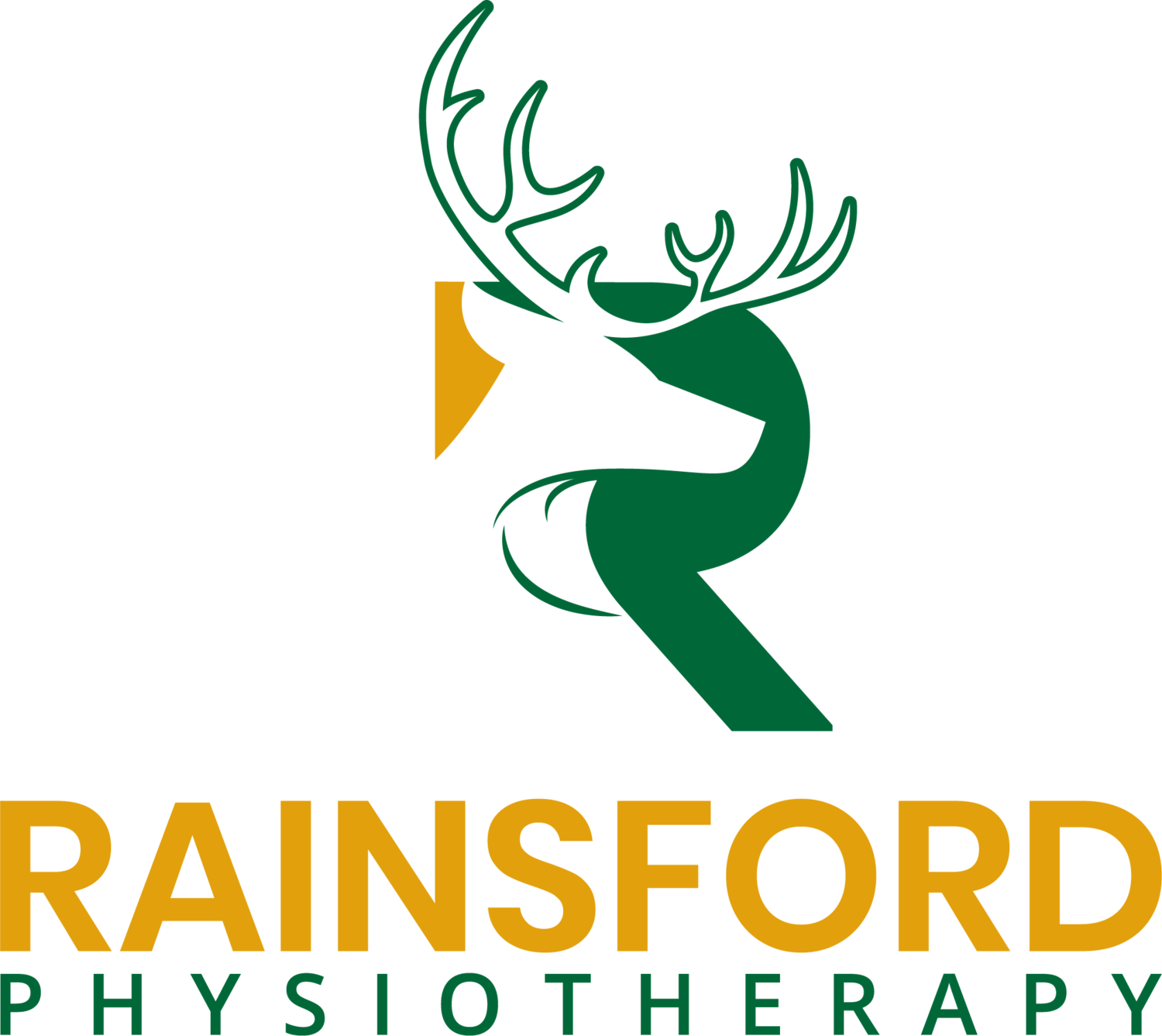Is your body ready for Spring sports and activities this year?
As the chill of winter fades away and the blossom begin to show many of us eagerly anticipate the return to outdoor activities and sports. Whether it's hitting the hiking trails, joining a local soccer league, or simply enjoying a leisurely bike ride, spring call sus to embrace the great outdoors and get moving. However, before you lace up those sneakers or grab your gear, it's essential to take a moment to consider an important question: Is your body ready for these new demands?
It's crucial that your body is adequately prepared to meet the physical demands of your chosen activities. After months of winter hibernation, participating in winter sports, or perhaps a more sedentary lifestyle due to the colder weather, our tissues may need some extra attention before diving headfirst into spring sports and outdoor adventures.
A common mistake people make is underestimating the importance of preparation and conditioning. Jumping back into intense physical activity, even if it seems innocent, without proper warm-up or conditioning can increase the risk of injury and leave you sidelined despite the hype of a new season. That's why it's essential to gradually ease back into your springtime routine, allowing your body time to adapt and build strength.
What are your Spring-time Activities!?
Gardening and yard maintenance
Soccer
Baseball
Lacrosse
Football
Racquet sports
Dance or Gymnastics
Gym/group workout programs
and many more!
These activities and sports require a unique combination of strength, flexibility, mobility, and cardio in order to produce skilled movement and avoid injury. Optimizing these variables is vital to attaining and maintaining athletic performance.
So, where do you start?
Begin by honestly assessing your current fitness level and identifying areas of weakness or imbalance. Are you experiencing tightness in your muscles, particularly in your legs, shoulders, or back? Do you feel stiff or sore after prolonged periods of inactivity? Pay attention to these warning signs and consider booking an assessment with a Physiotherapist if you're experiencing any challenges or pains.
How can Physiotherapy help you prepare for your Spring activities and sports?
1) Pre-Activity Assessment
An individualized physical evaluation can help to identify areas of weakness, instability, tightness/restriction, over-compensation, or imbalance. Sometimes these asymmetries or limitations are easy to identify while other times they require breaking down complex movements to determine how different joints and muscles contribute.
** It’s important to note that some asymmetries and imbalances can be considered within the range of ‘normal variation’ amongst humans and may not require addressing. There are many correct ways to move and exercise :)
2) Injury Prevention: Physical Conditioning
Conditioning builds cardiovascular stamina in your lungs, heart, and circulatory system; increases flexibility; and builds strength/resilience in ligaments, muscles, and tendons. Baseline conditioning is a key component in minimizing time lost to soreness/injury when being athletic.
A program to prepare your body for the demands of the activity/sport should include elements that closely resemble sport-specific movements and complimentary exercises that will enable greater overall performance.
3) Injury Rehabilitation: Assess and treat recently acquired or old injuries
There are two ways in which musculoskeletal injuries (ie. muscles, bones, tendons, ligaments, etc.) occur during sport:
Sudden/Traumatic: Such as a soccer player colliding with another or pulling on thick plant roots
Overuse: High-volume, repetitive motions, such as prolonged cardio exercise that your body hasn’t built up its resilience to or repetitive movements with less than optimal biomechanics
A Physiotherapist can assist competitive and recreational athletes in conditioning their body for their activity, minimizing injury risk, and rehabilitating injuries with a combination of targeted exercises, hands-on therapy, and more.
Receiving physical therapy before you begin playing this Spring could make all the difference in how ready your body is to be out on the field, trails, court, or garden
Together, we can develop a plan to get you to where you need to be to get the most out of your physical activity!
Alternatively, is the Spring your off-season from sport? Off-season cross-training and taking care of injuries that crept up during your sport season are important to enable your body to fully recover, maintain your conditioning, and prepare for the next season or event.
Want some more ideas about what your off-season exercise might look like? Come in for an assessment and we can get you started!
- Thanks for reading and keep looking for more posts in the future on other ‘hot topics’ in the world of Physiotherapy and Physical Rehabilitation!




